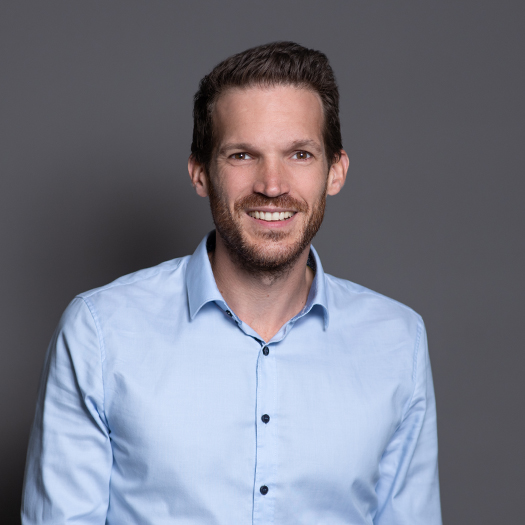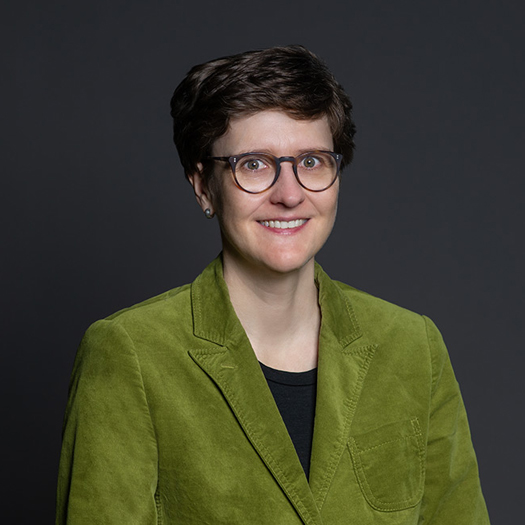Combating Food Waste with Digitalisation
ResearchZEW Project Assists Food Banks in Fair and Efficient Food Allocation
In Germany, a staggering 710,000 tonnes of food are discarded each year. Approximately one-third of this is salvaged by the voluntary helpers at food banks and distributed to those in need. However, due to an inefficient food allocation system, the full potential for avoiding food waste is not yet being realised. In a project supported by the Federal Ministry of Food and Agriculture (BMEL), researchers from ZEW Mannheim, in collaboration with Tafel Deutschland e.V., show how the allocation of food can be made fairer and more efficient using an assignment algorithm so that more food is saved.
“Currently, some distribution points are unable to meet the consumption needs of their customers, while others receive donations that surpass the demand”, explains Professor Thilo Klein, an economist in ZEW’s “Market Design” Unit and a professor at Pforzheim University. This is because each distribution point independently collects donations and, regardless of the quantity obtained, receives about 25 per cent of its needs from a central warehouse.
His colleague at ZEW, Dr. Marion Ott, highlights the issue with a practical example: “Distribution point A, for instance, secures 100 per cent of its needs from local markets and, as a result, has no further requirements. Conversely, distribution point B can only cover 50 per cent of its needs with donations from local markets. Both distribution points, however, receive an additional 25 per cent of their needs from the central warehouse. Consequently, distribution point A ends up with a surplus of 125 per cent, while distribution point B can only fulfil 75 per cent of the total demand. If the central warehouse had better information about the supplementary needs of the distribution points, it could adjust its allocation accordingly.”
Using real-time data to minimise food waste
To address this issue, the researchers, in collaboration with Tafel Deutschland, have developed a platform that provides real-time and centralised access to all donation streams. Using an assignment algorithm, the platform determines the needs of each distribution point and aims to distribute the donations evenly throughout the day. By comparing the optimised donation quantities with the current status quo, the platform then distributes them to individual distribution points in such a way that each customer can be offered a similar share of the daily donations.
“Our proposal leads to an efficient and equitable allocation of food. The assignment algorithm significantly contributes to food rescue by eliminating wastage and preventing surplus,” says Thilo Klein, summarising the benefits. He further adds, “The United Nations’ Sustainable Development Goals aim to halve food waste by 2030. Leveraging digital advancements, food banks in Germany can make a substantial contribution towards achieving this goal.”



